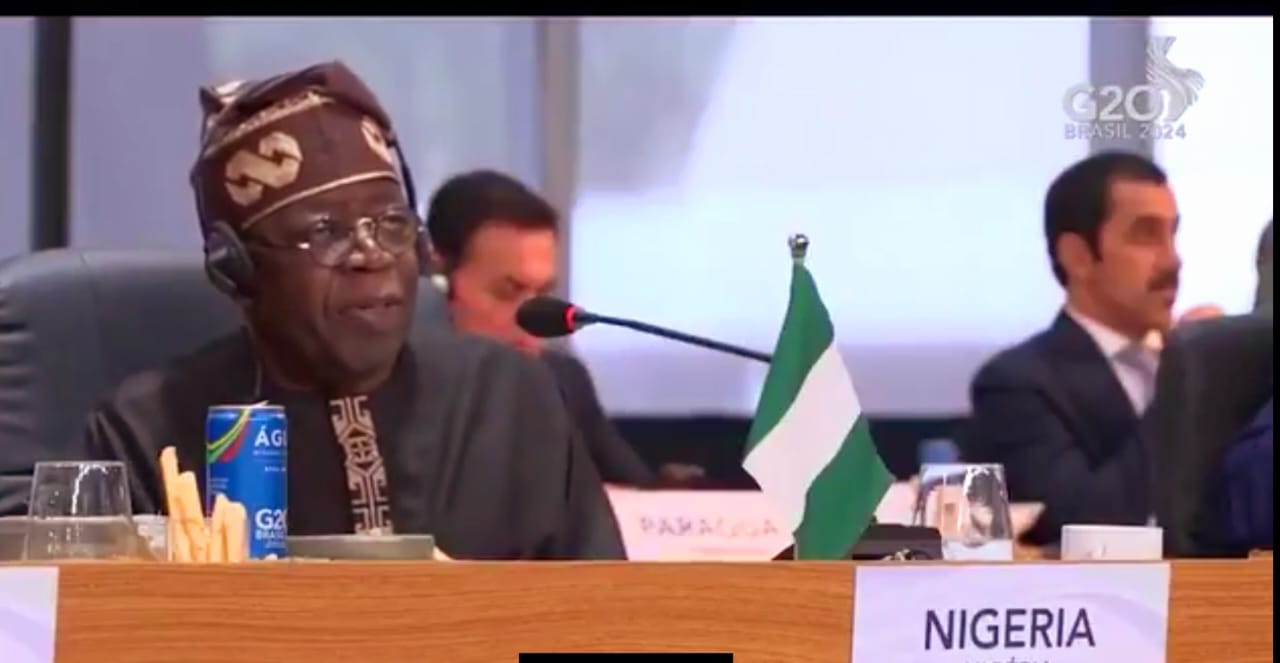According to state media, this marks the first such increase this year, as the government moves to scale back fuel subsidies under a broader economic reform plan.
The reform plan is tied to an $8 billion support package from the International Monetary Fund (IMF).
The price hikes, ranging between 11.76% and 14.81% across various fuel products, follow the IMF’s approval last month of a $1.2 billion disbursement to Egypt,
The move comes after the completion of the fourth review of the loan program agreed upon in 2024.
Egypt has taken on back-to-back financing facilities with the IMF since 2016, when it agreed a $12 billion loan programme to resuscitate its economy after years of political turmoil since the Arab Spring protests began.
Since then, the lender has pushed the government to cut fuel, electricity and food subsidies while expanding social safety nets.
The fund said in March that Egypt was committed to lowering its energy subsidies to reach cost recovery by December as it works to reduce a wide current account deficit.
Current Fuel Prices
Prices for diesel fuel, one of the most commonly used fuels in the country, were raised by 2 Egyptian pounds ($0.0390) to 15.30 pounds per litre from 13,50 pounds.
Gasoline prices increased by as much as 14.5% depending on the grade, with 80 octane gasoline rising to 15.75 pounds, 92 octane to 17.25 pounds and 95 octane to 19 pounds.
The prices of the butane cooking gas were hiked to 200 pounds per cylinder from 150 pounds.
Prime Minister Mostafa Madbouly said in March that by the year’s end the government will have stopped petroleum subsidies from being a financial strain, but it will continue to subsidise diesel to some degree and will not price it at 100% of its cost.
Petroleum Minister Karim Badawi said in October, Egypt still spent about 10 billion Egyptian pounds ($197.71 million) on fuel subsidies each month.
This is despite having raised prices three times in 2024. The last hike ranged between 11% and 17%.
Egypt had in 2024 witnessed a sharp decline in revenues from its Suez Canal, a main source of foreign currency for the government.
The war in Gaza had led Iran-aligned Houthis in Yemen to attack vessels transiting the Red Sea in support of Palestinians.
That, combined with diminishing local natural gas production which Egypt had even begun exporting, has compounded the country’s economic woes and left it strapped for dollars.
Reuters




